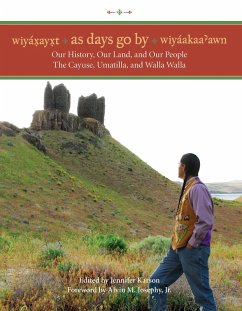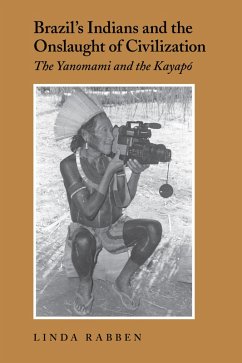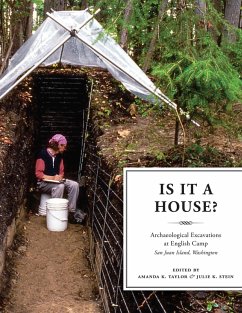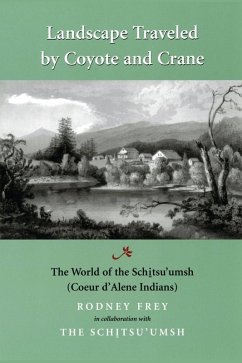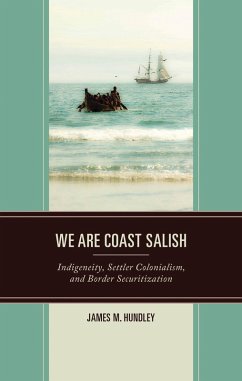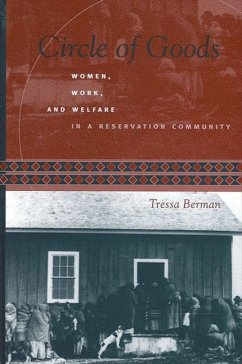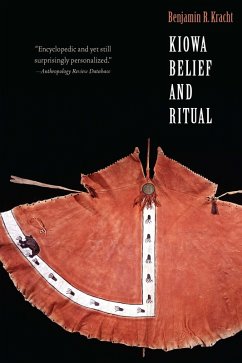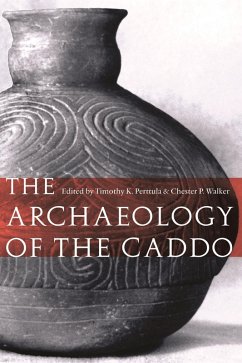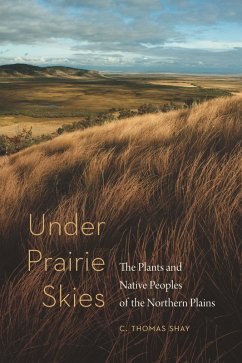
Exploring Coast Salish Prehistory (eBook, PDF)
The Archaeology of San Juan Island
Versandkostenfrei!
Sofort per Download lieferbar
18,95 €
inkl. MwSt.
Weitere Ausgaben:

PAYBACK Punkte
9 °P sammeln!
Every year thousands of people visit the San Juan Islands off the coast of Washington State. With a copy of Exploring Coast Salish Prehistory in hand, they will enjoy an introduction both to archaeology in general and to sites within San Juan Island National Historic Park.The Coast Salish people inhabited the San Juans for 5,000 years. One important site on San Juan Island, Cattle Point, was a summer camp where residents engaged in fishing and shellfish harvesting. Native peoples' recollections of activities there have been confirmed by physical evidence in the form of shell middens, fish bone...
Every year thousands of people visit the San Juan Islands off the coast of Washington State. With a copy of Exploring Coast Salish Prehistory in hand, they will enjoy an introduction both to archaeology in general and to sites within San Juan Island National Historic Park.
The Coast Salish people inhabited the San Juans for 5,000 years. One important site on San Juan Island, Cattle Point, was a summer camp where residents engaged in fishing and shellfish harvesting. Native peoples' recollections of activities there have been confirmed by physical evidence in the form of shell middens, fish bones, and other artifacts.
Another San Juan site, English Camp, was a winter village site for 2,000 years. Structural remains provide insight into how people's lives and activities changed over time. Tools found at the site have allowed archaeologists to deduce that early residents ate camas bulbs and other plants, engaged in woodworking, weaving, fishing, and carving, and manufactured and used stone tools.
Stein's discussions of the sites and archaeological practices are enhanced by numerous illustrations. Clear photos of different types of artifacts, topographical maps, and other images help the reader to understand how people lived in the San Juans thousands of years ago.
The Coast Salish people inhabited the San Juans for 5,000 years. One important site on San Juan Island, Cattle Point, was a summer camp where residents engaged in fishing and shellfish harvesting. Native peoples' recollections of activities there have been confirmed by physical evidence in the form of shell middens, fish bones, and other artifacts.
Another San Juan site, English Camp, was a winter village site for 2,000 years. Structural remains provide insight into how people's lives and activities changed over time. Tools found at the site have allowed archaeologists to deduce that early residents ate camas bulbs and other plants, engaged in woodworking, weaving, fishing, and carving, and manufactured and used stone tools.
Stein's discussions of the sites and archaeological practices are enhanced by numerous illustrations. Clear photos of different types of artifacts, topographical maps, and other images help the reader to understand how people lived in the San Juans thousands of years ago.
Dieser Download kann aus rechtlichen Gründen nur mit Rechnungsadresse in A, D ausgeliefert werden.




